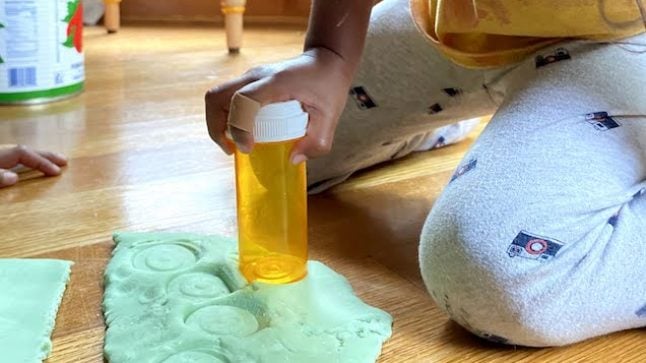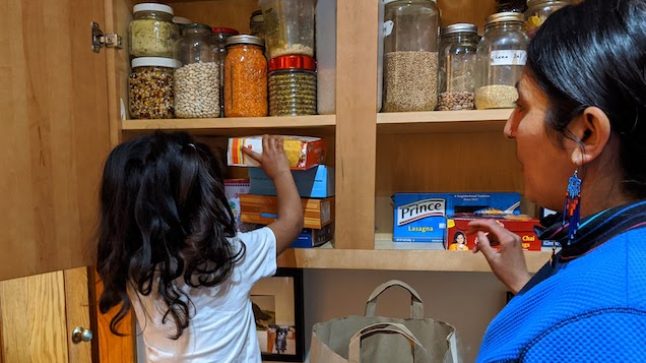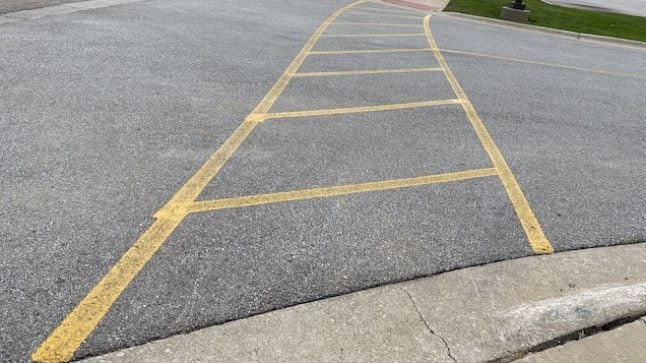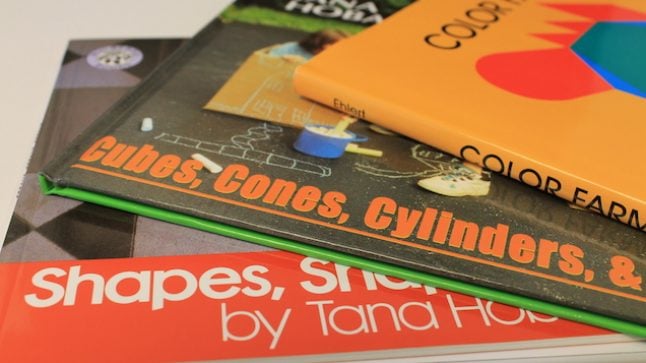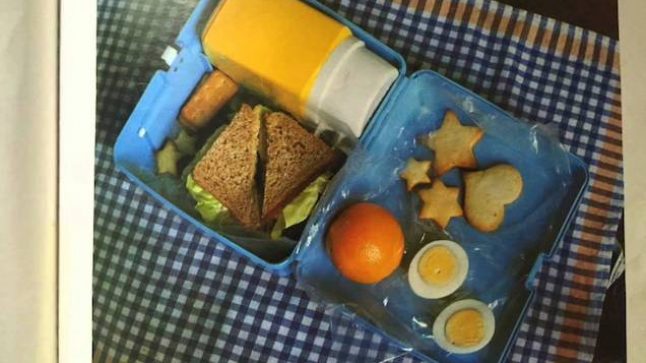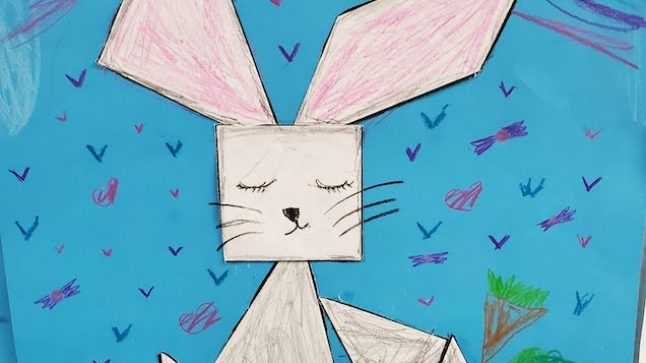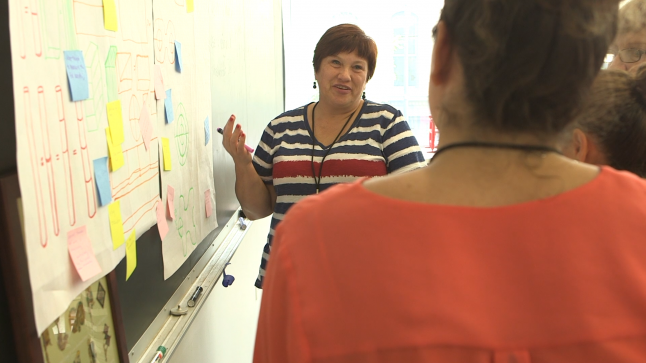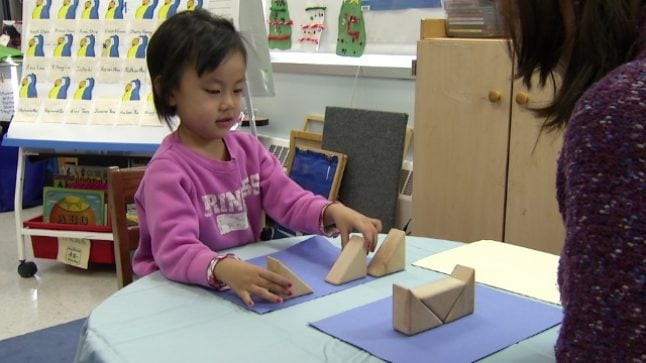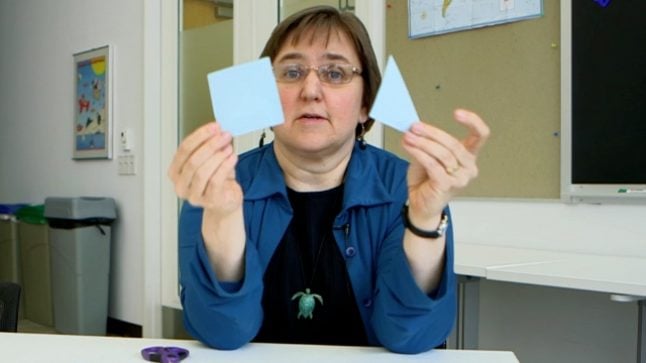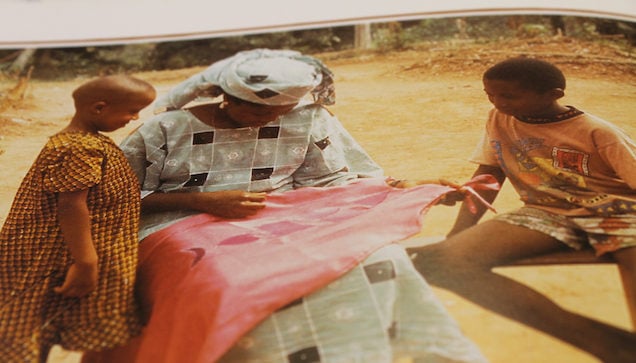Everything in the material world has shape. In mathematics, the focus is very much on regular shapes, such as the two-dimensional circle, triangle, and rectangle and the three-dimensional solids known as spheres and polyhedrons. In our everyday world, these solids commonly appear in objects we describe as boxes, pyramids, blocks, cylinders, and balls. A deeper knowledge about how two- and three-dimensional shapes are defined and relate to one another will help educators be aware of subtle distinctions and rules. Such an understanding allows educators to notice and highlight children’s key discoveries and to guide their experiences to make this knowledge explicit for them.
Copyright: Erikson Institute’s Early Math Collaborative. Reprinted from Big Ideas of Early Mathematics: What Teachers of Young Children Need to Know (2014), Pearson Education.
